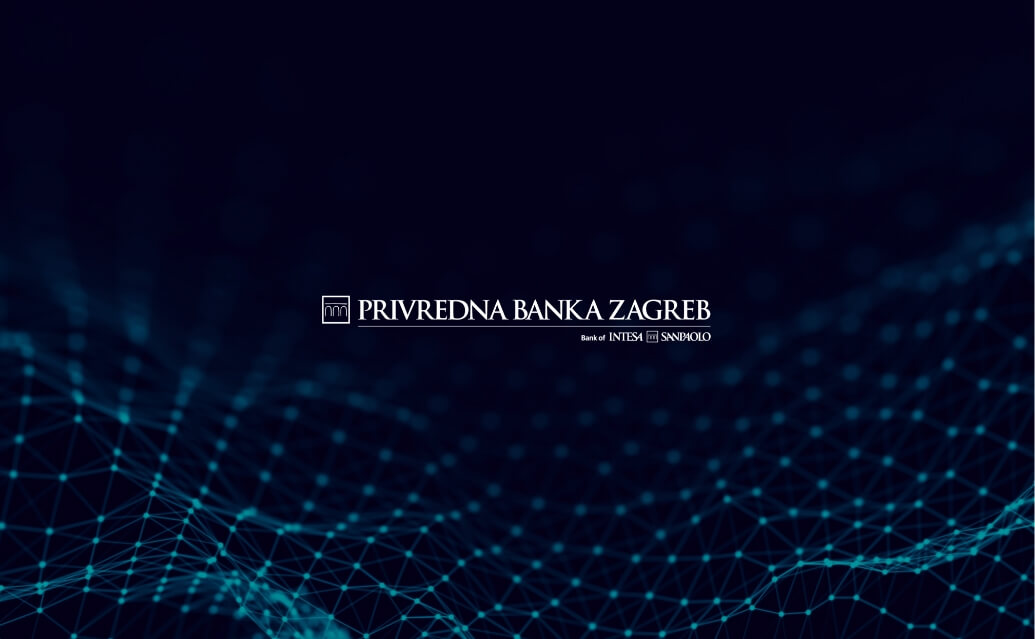get in touch
PBZ
INDUSTRY: Finance
Croatia
Group Data Warehouse
Group level single source of truth

ABOUT THE CLIENT
Privredna banka Zagreb d.d. was established in 1966 and it is one of Croatia’s top banks with a long and continuous history of banking operations. It is a member of Intesa Sanpaolo Group, one of leading banking groups in Europe. PBZ focuses its business strategy on modern forms of banking and new products, living up to its image of a dynamic and modern European bank that responds to the demands of the market and its clients. With about 190 branch offices and outlets, PBZ covers the entire territory of the Republic of Croatia. PBZ is a leading member of PBZ Group that provides a diverse range of specialised services which include: banking, credit card services, leasing, housing loans, real estates, pension fund management.
CHALLENGES & GOALS
PBZ Group is a financial group that provides a broad scope of services to its clients through different legal entities specialised for services which include:
- banking (Privredna banka Zagreb)
- banking (Intesa Sanpaolo Banka)
- credit card services (PBZ Card)
- leasing (PBZ Leasing)
- housing loans (PBZ Stambena štedionica)
- real estate (PBZ Nekretnine)
- pension fund management through PBZ Croatia osiguranje.
The Group experienced a significant increase in the amount and range of details regarding consolidated reporting on a group level. They initiated a project where a data platform will be created, enabling a transparent and unified view on all group data. This platform would not be based on a specific reporting methodology, but on a unified and verified core data on the lowest level of details.
The idea was not only to provide a single source of truth on a group level, but also to minimise the workload of preparation and integration of data that comes from different group members.
This data integration from multiple group members into a single group-level data warehouse presented a challenge. Not only from a technical standpoint, since different group members have different core business, transaction systems, even accounting standards.
SOLUTION
In order to implement an efficient and flexible system beyond technical principles, the design phase included group level standardisation of different key data entities, catalogues and data quality controls by using best practice principles from data governance, data quality and master data management areas.
With the overall project goal and requirements in mind, following modules and components were implemented:
- unified standardised data Load Interface supporting data load using different formats and technologies
- DQ engine with over 2000 DQ rules and administration console
- data governance definitions including product catalogue, financial instruments, amount types, channels, etc.
- data model supporting different business domains in single unified structure
- over 3000 data load and transformation (ETL) procedures based on Neos DI Framework
- large set of reports enabling business users to focus on investigating data and not on integrating and cleansing data
ABOVE IT ALL
During the implementation a requirement presented itself, one that was not initially anticipated. The group structure changed by the addition of new members, and their integration was done with minimal engagement on data preparation to standardised interfaces.
The change was addressed by making the data from new group members automatically visible on all reports and calculations on group level, with all specific security and access policies in mind.
This change had no impact on overall project implementation timeframe. Furthermore, it demonstrated how easy is to integrate additional group members into the system with minimum configuration changes, ensuring support and stability for future organisational changes.
See more of our work
explore
Our Work